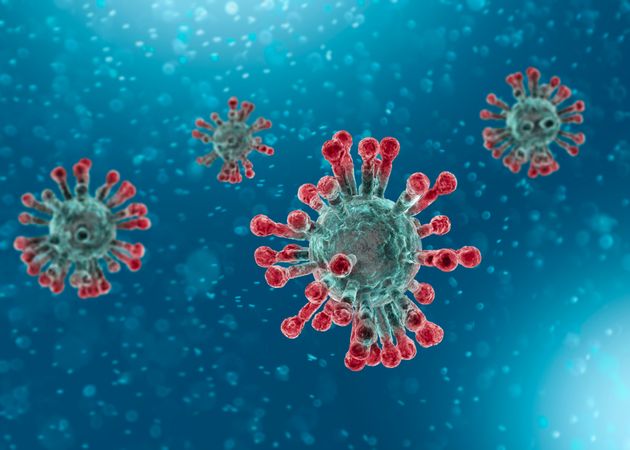Weekly COVID-19 cases in Africa saw 93 percent increase while the Omicron variant is reaching more countries in the continent, the World Health Organization (WHO) has said.
Ten different African countries, including South Africa, currently account for 46 percent of the nearly 1,000 Omicron cases reported by 57 countries across the world said WHO in a statement on Thursday.
Emerging data from South Africa indicates that Omicron may cause less severe illness, said the WHO, adding that the ICU occupancy in South Africa between November 14 and December 4 was only 6.3 percent, which is very low compared with the time when the country was facing the peak linked to the Delta variant in July.
Despite the widespread global presence of Omicron, more than 60 countries have imposed travel bans that are mainly targeting southern African countries, some of which have yet to report any Omicron case.
“With Omicron now present in nearly 60 countries globally, travel bans that mainly target African countries are hard to justify,” said Matshidiso Moeti, WHO’s Regional Director for Africa.
“We call for science-based public health measures to counter the spread of COVID-19,” said Moeti, noting that the travel restrictions, which come at the height of the end-of-year tourist season, is ravaging Africa’s economies, with a knock-on impact that is potentially devastating to the health of Africans.
To ramp up the response to the Omicron variant and the rise in cases, WHO is supporting countries to improve genomic surveillance to track the virus and detect other potential variants of concern.
According to the global health body, Africa has so far received more than 372 million COVID-19 vaccine doses and administered 248 million of them.
Although the pace of vaccination has increased in recent months, only 7.8 percent of Africa’s population is fully vaccinated.
MG/abj/APA


